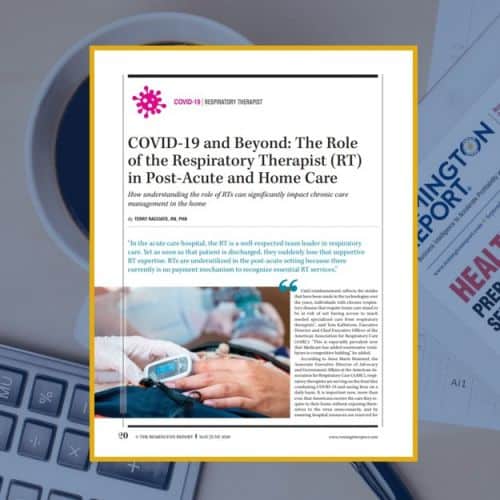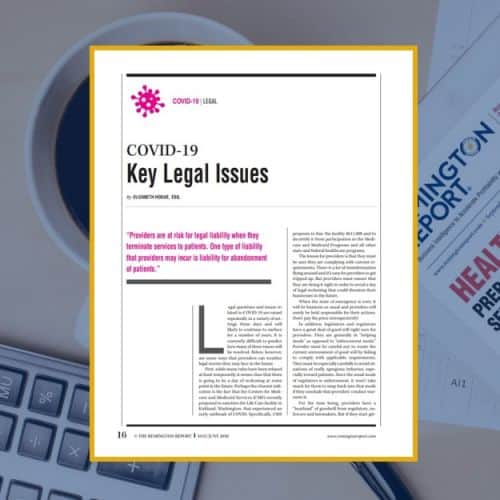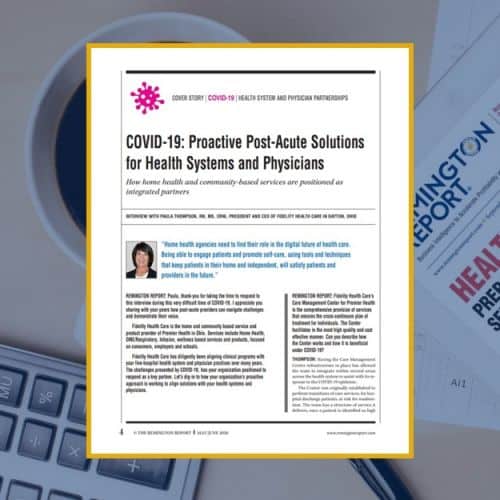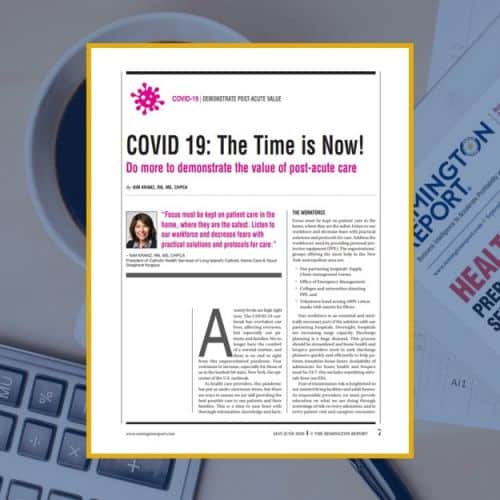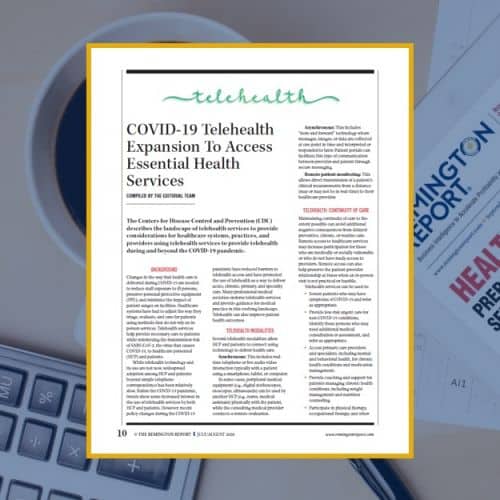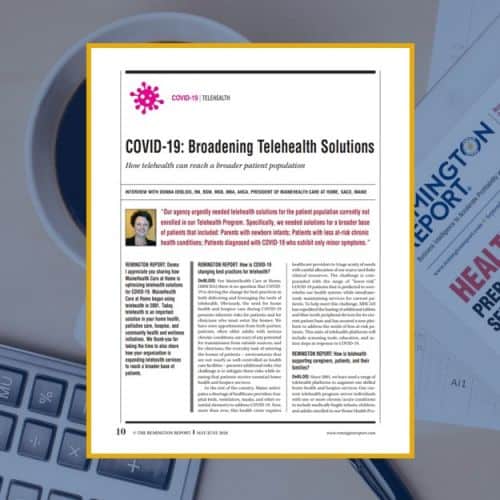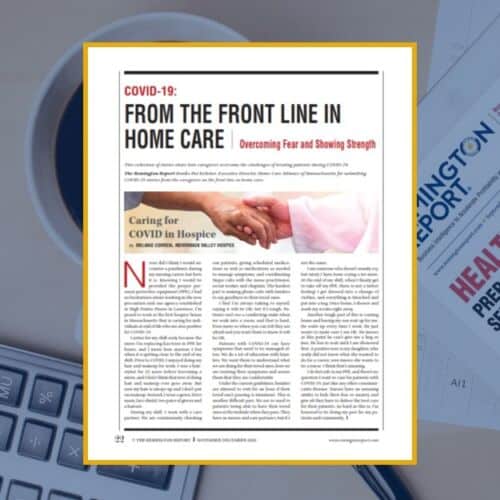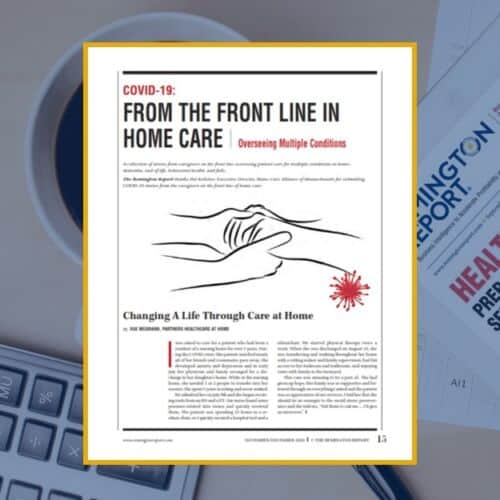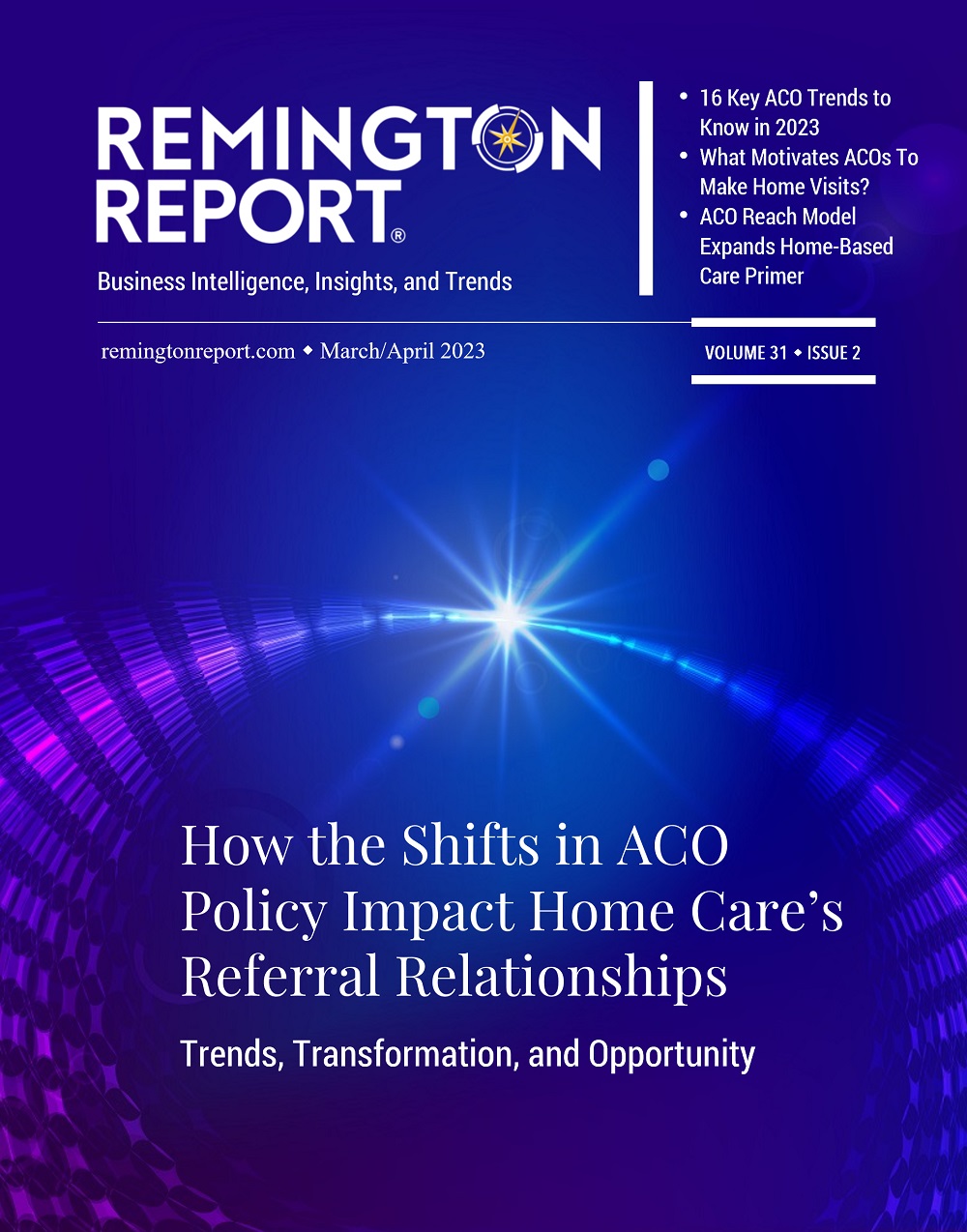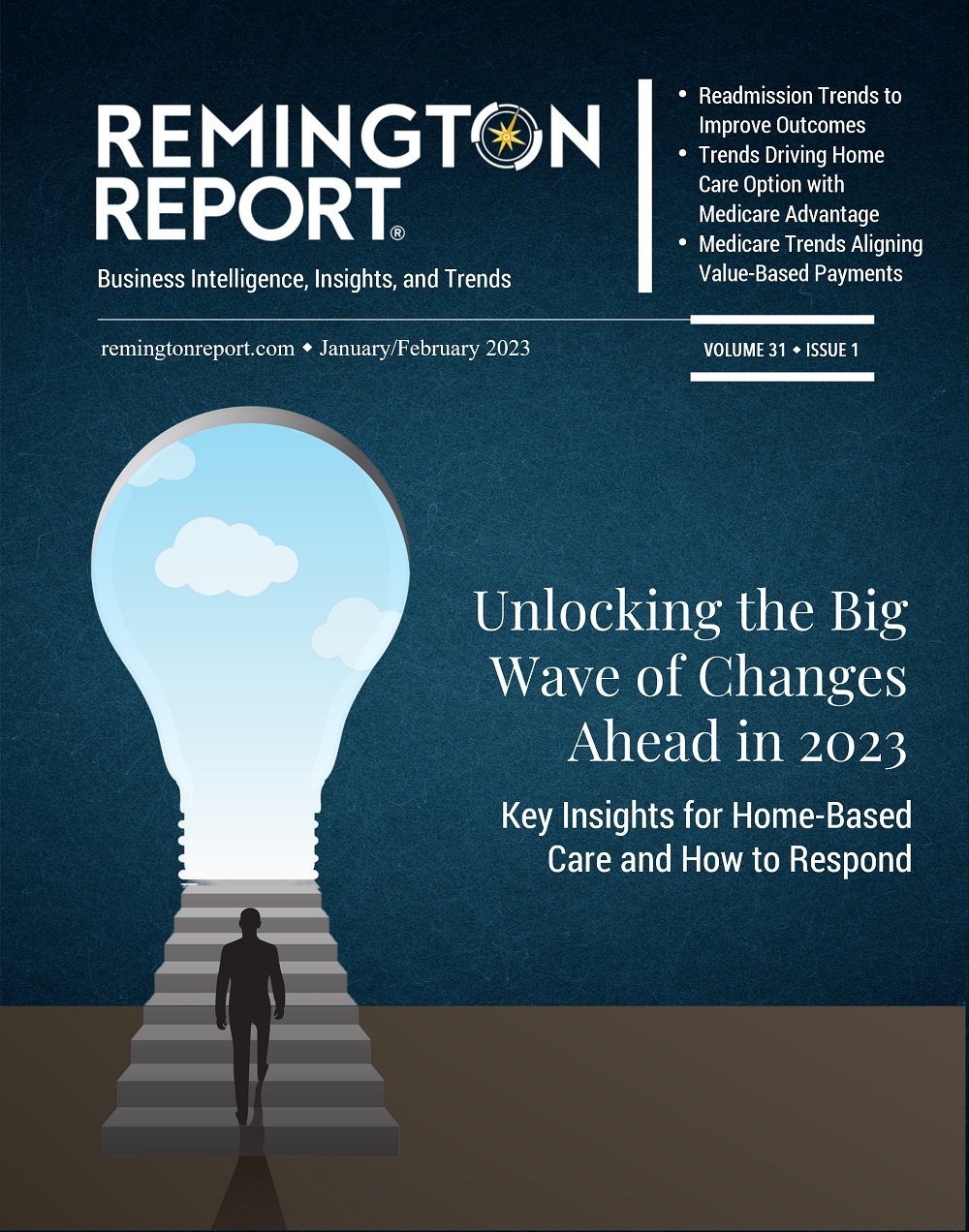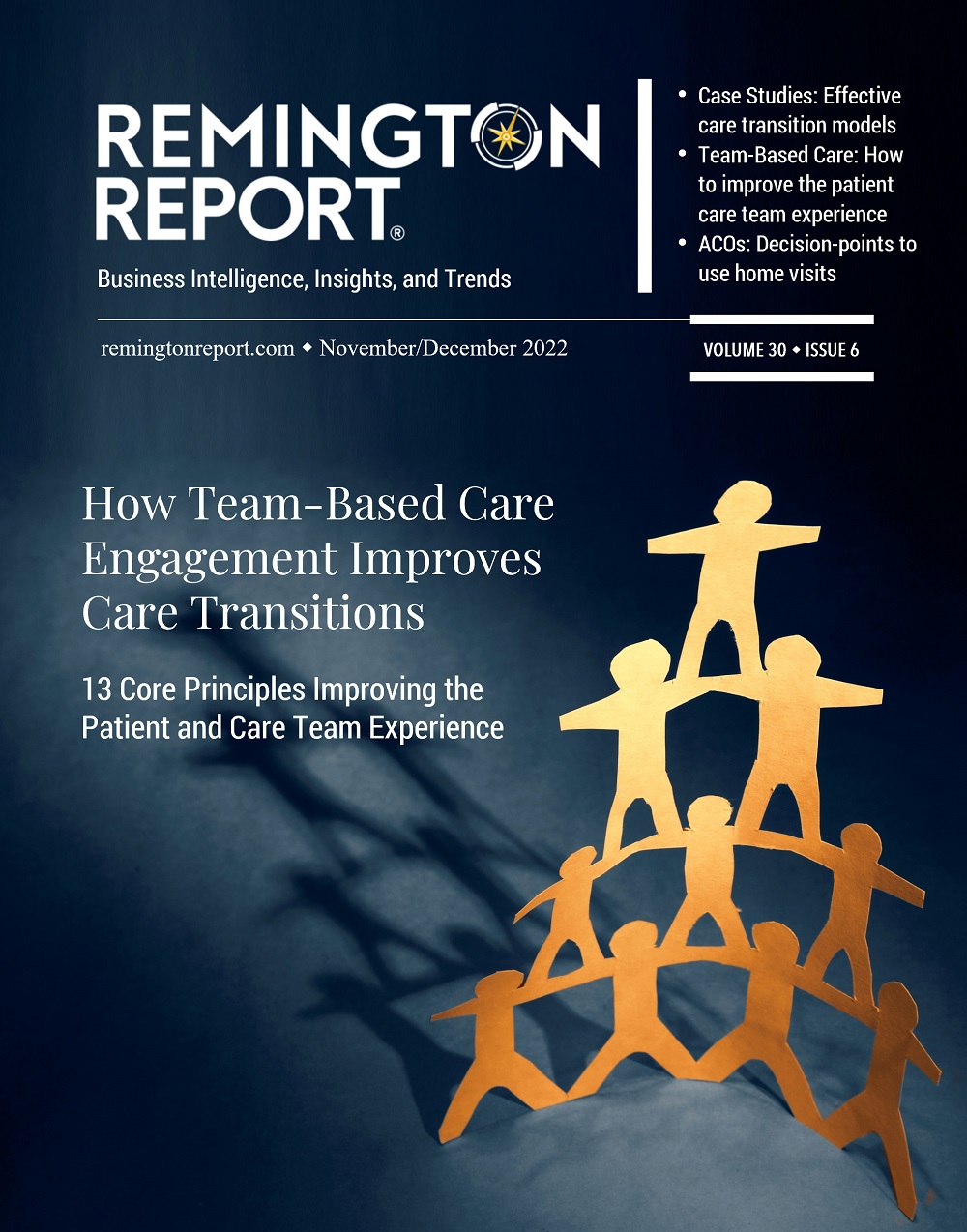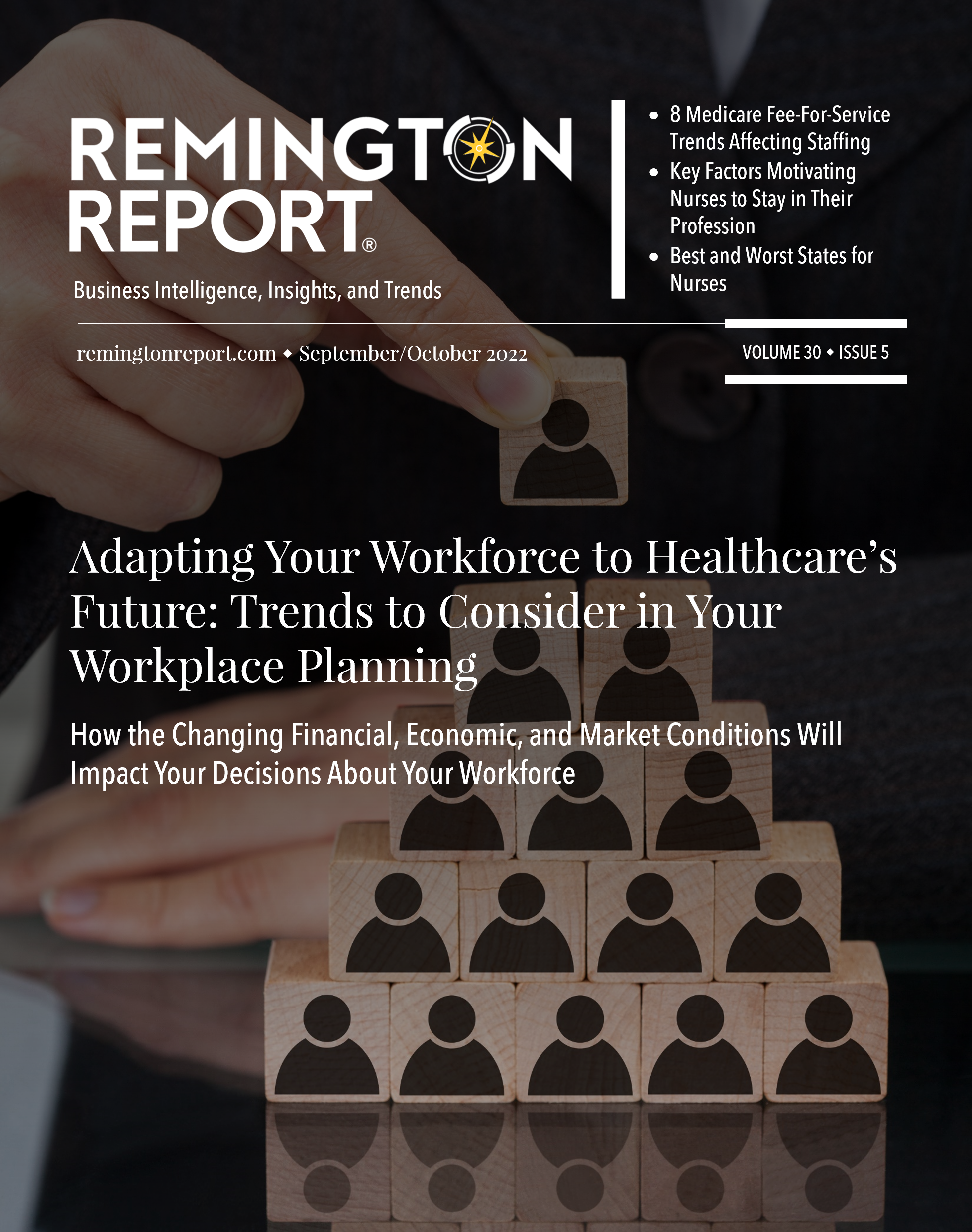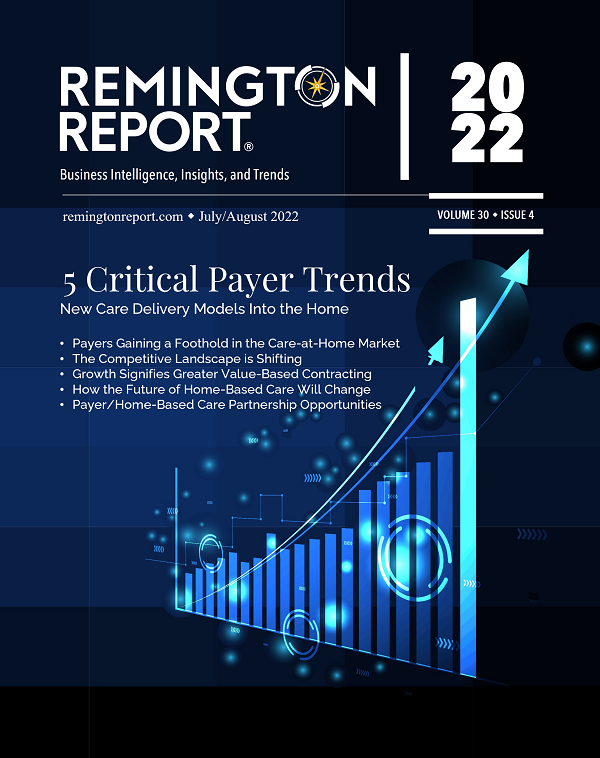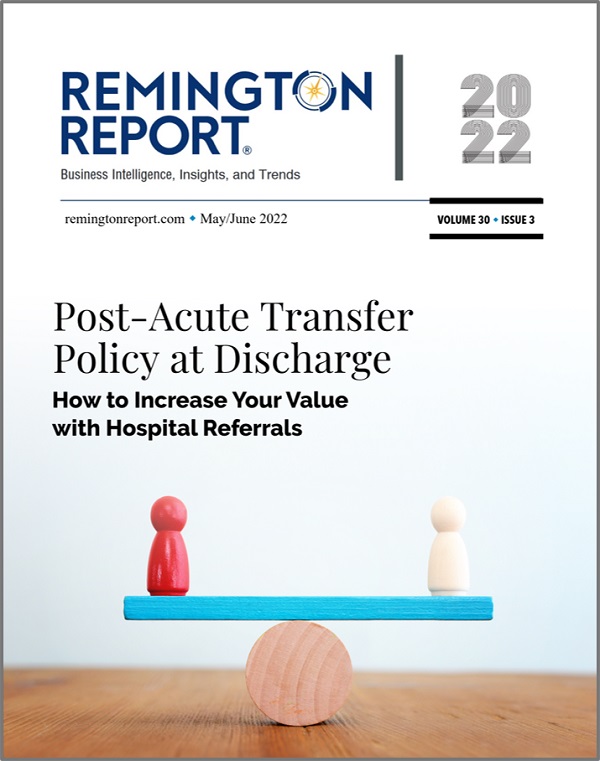Home health, hospice, palliative care, private duty, in-home care, and community-based organizations hold the answers to efficiently overseeing high-risk patients.
This online Master Class will delve deep into new developments your referrals are experiencing, key trends impacting complex care, and how your organization can make your business case through value propositions. Discover the secrets to cultivating robust referral relationships, crafting engaging value propositions, and mastering the art of presenting compelling business cases.
Registration Open
Available on demand
Registration includes enrollment for up to 10 people. Must be enrolled to attend. Business email required for each enrollee.
This Master Class is delivered live online but will also be available afterward on demand, ensuring you can get valuable insights even if you cannot attend the live event. Don’t let your busy schedule hinder your access to valuable knowledge and skills.
Add Your Enrollees
Additional enrollees will be enabled upon completion of initial enrollee. Company email addresses required.
Think Tank programs are open only to provider organizations delivering patient care, including home health care, at-home care, hospice, palliative care, community-based organizations, hospitals, ACOs, managed care organizations, and physicians. Enrollees for the program must be full-time employees of the organization. If you are unsure whether your organization qualifies for Think Tank programs or your organization is a provider that also sells products, services or you are a consultant then contact us before enrolling.  Home health, hospice, palliative care, private duty, in-home care, and community-based organizations hold the answers to efficiently overseeing high-risk patients. This online Master Class will delve deep into new developments your referrals are experiencing, key trends impacting complex care, and how your organization can make your business case through value propositions. Discover the secrets to cultivating robust referral relationships, crafting engaging value propositions, and mastering the art of presenting compelling business cases. Registration Open Available on demand Registration includes enrollment for up to 10 people. Must be enrolled to attend. Business email required for each enrollee. This Master Class is delivered live online but will also be available afterward on demand, ensuring you can get valuable insights even if you cannot attend the live event. Don’t let your busy schedule hinder your access to valuable knowledge and skills.
Home health, hospice, palliative care, private duty, in-home care, and community-based organizations hold the answers to efficiently overseeing high-risk patients. This online Master Class will delve deep into new developments your referrals are experiencing, key trends impacting complex care, and how your organization can make your business case through value propositions. Discover the secrets to cultivating robust referral relationships, crafting engaging value propositions, and mastering the art of presenting compelling business cases. Registration Open Available on demand Registration includes enrollment for up to 10 people. Must be enrolled to attend. Business email required for each enrollee. This Master Class is delivered live online but will also be available afterward on demand, ensuring you can get valuable insights even if you cannot attend the live event. Don’t let your busy schedule hinder your access to valuable knowledge and skills.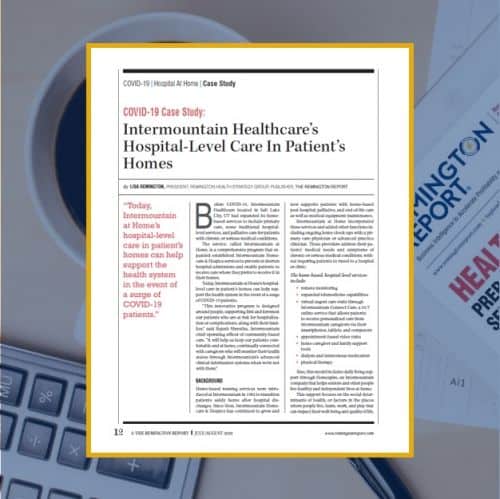 Intermountain at Home’s hospital-level care in patient’s homes supports their health system in the event of a surge of COVID-19 patients. Their models include home-based post-hospital care, palliative, and end-of-life care as well as medical equipment maintenance. This article is free to 1-Year Classic and 2-Year Premium subscribers.
Intermountain at Home’s hospital-level care in patient’s homes supports their health system in the event of a surge of COVID-19 patients. Their models include home-based post-hospital care, palliative, and end-of-life care as well as medical equipment maintenance. This article is free to 1-Year Classic and 2-Year Premium subscribers.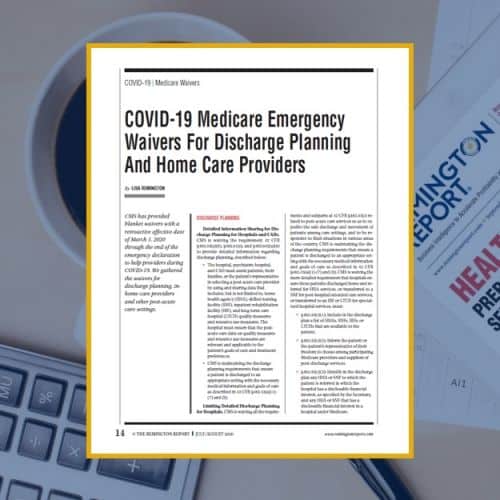 CMS has provided blanket waivers with a retroactive effective date of March 1, 2020 through the end of the emergency declaration to help providers during COVID-19. We gathered the waivers for discharge planning, in-home care providers, and other post-acute care settings. This article is free to 1-Year Classic and 2-Year Premium subscribers.
CMS has provided blanket waivers with a retroactive effective date of March 1, 2020 through the end of the emergency declaration to help providers during COVID-19. We gathered the waivers for discharge planning, in-home care providers, and other post-acute care settings. This article is free to 1-Year Classic and 2-Year Premium subscribers.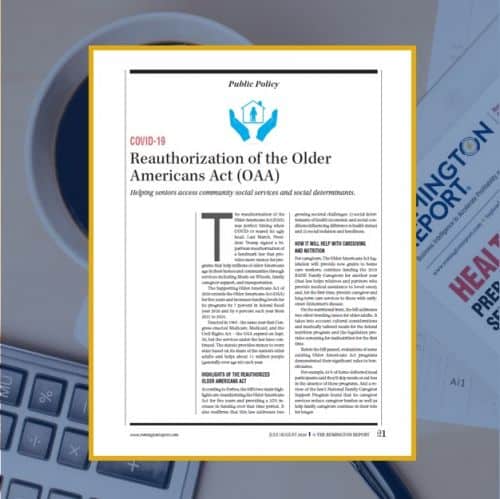 The reauthorization of the Older Americans Act (OAA) was perfect timing when COVID-19 reared its ugly head. Last March, President Trump signed a bipartisan reauthorization of a landmark law that provides more money for programs that help millions of older Americans age in their homes and communities through services including Meals on Wheels, family caregiver support, and transportation. This article is free to 1-Year Classic and 2-Year Premium subscribers.
The reauthorization of the Older Americans Act (OAA) was perfect timing when COVID-19 reared its ugly head. Last March, President Trump signed a bipartisan reauthorization of a landmark law that provides more money for programs that help millions of older Americans age in their homes and communities through services including Meals on Wheels, family caregiver support, and transportation. This article is free to 1-Year Classic and 2-Year Premium subscribers.